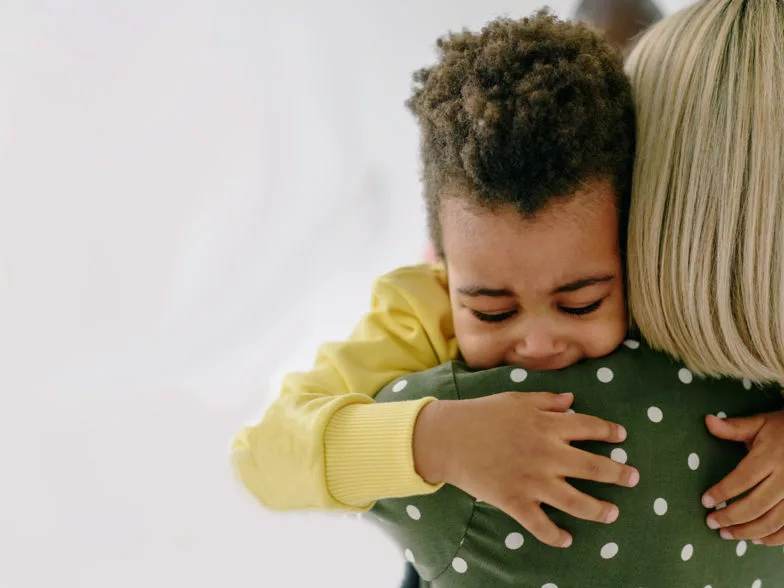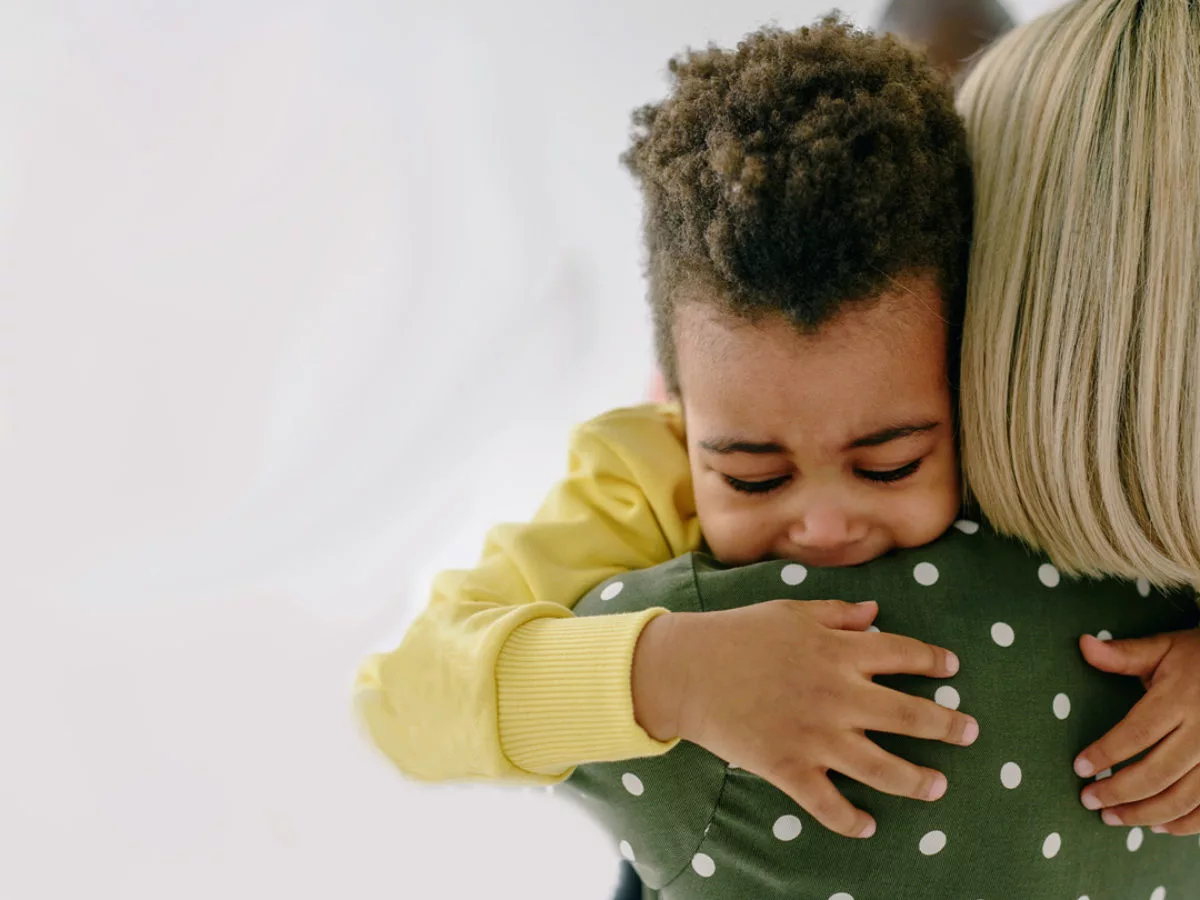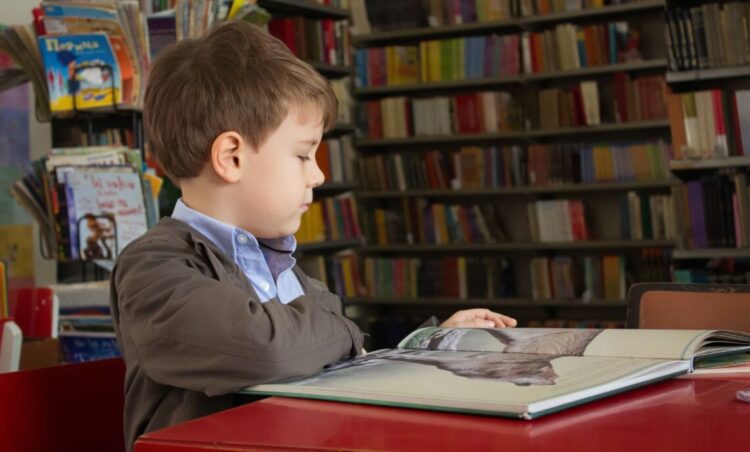5 Things To Say Instead Of “Don’t Cry”


Toddlers have big emotions and lack the language to articulate them clearly. Crying is a way to convey their needs. Saying “don’t cry” must feel awful to a toddler. What if we made a conscious decision to notice when the thought “stop crying” pops up, and instead we said:
- I see how upset you are.
- I see that this is hard for you.
- Let’s solve this problem together.
- It’s okay to be sad.
- I see you want some space. I’ll stay close by so you can find me when you need me.
The way we react to their distress will make an impact on them as a human. Validating the feelings of children helps them to feel understood. Being understood is an essential ingredient to feeling connected and supported, and it also helps toddlers to give words to their feelings.
Learn more about our holistic approach to learning with Toddlers at Only About Children.
Plus, learn more from our in-house Children Services Curriculum Advisor, Jenny Kable: Respectful Nappy Changes.
Only About Children can help your child to grow, make friends and explore the world.
Only About Children can help your child to grow, make friends and explore the world.
Related Reads


Advice For Selecting The Best Primary School For Your Child
Starting school for the first time is a huge moment in the life of your child, but also for you and your family! Finding the school that is the right fit for your family can be the first hurdle in this process. Here are some helpful tips to ensure that you choose the school that is the right one for you and your child:

The 5 Biggest Changes Starting “Big School”
The change from a prior to school setting to a primary school setting can be daunting and take some getting used to in the early weeks and months of your child starting. Here are some of the 5 biggest changes to expect when moving to primary school
